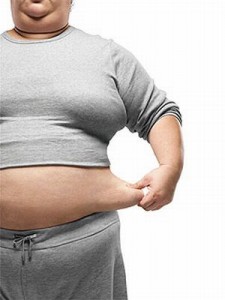Popular Reviews
- Shakeology Review
- Viritenz Review
- Isagenix Review
- Jenny Craig Review
- Protein World Review
- Paleo Diet Review
- Ideal Protein Review
- PhenQ Review
- Weight Watchers Review
- Pure Slim 1000 Review
- Alli Review
- Phen375 Review
- Leptigen Review
- It works Review
- The Thrive Diet Review
- Plexus Slim Review
- Almased Review
- Xyngular Review
- SlimQuick Review
- Relacore Review
- Lipozene Review
- ProbioSlim Review




 Since when was getting a raw deal a good thing? When you decide to try the Raw Food Diet, apparently. Proponents of this natural food diet stick to unprocessed uncooked plant foods, such as fresh fruit and vegetables, sprouts, seeds, nuts, grains, beans, dried fruit, and seaweed.
Since when was getting a raw deal a good thing? When you decide to try the Raw Food Diet, apparently. Proponents of this natural food diet stick to unprocessed uncooked plant foods, such as fresh fruit and vegetables, sprouts, seeds, nuts, grains, beans, dried fruit, and seaweed.